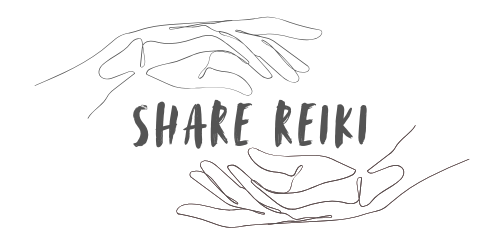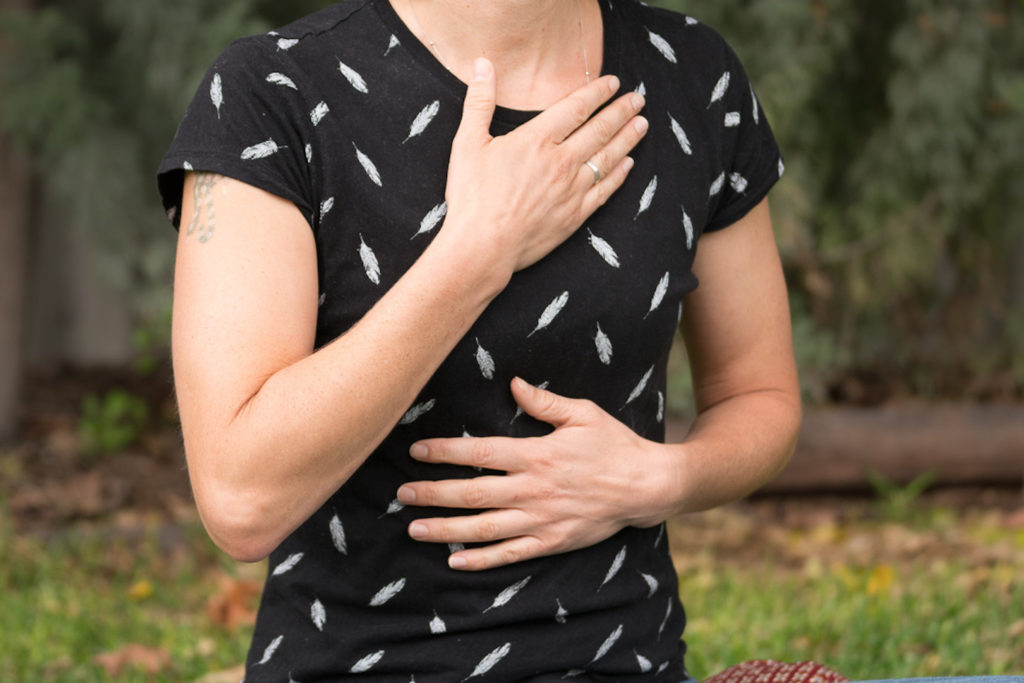Reiki is a practice. Not the most inviting start to a conversation I know, (your yawn is infectious) but it is the truth. To reap the benefits of anything we ‘do’, we generally need to do it often. My point is that once we have received the initiations, or attunements as they are also known, we must engage in self practice to create the space our body and mind needs to heal past traumas and habits.
The initiations are short rituals carried out by the Reiki Master and consist of a series of symbols and movements. These are kept secret out of respect for the practice and intended to re-open you to the energy of the universe.
In Usui Shiki Ryoho there are four initiations performed over two days in Reiki I and one initiation in Reiki II, these details differ between forms of Reiki but you will always be initiated or attuned in some way.
I like the initiations and I enjoy giving them, with each new student I feel a deeper connection to the practice of Reiki and a connection is formed with the student. This connection adds joy and sincerity to the commitment I make as their Reiki Teacher, which is to support them for life in their Reiki journey, no matter how involved or distant that may be.
The capacity for learning in a group class is magnified and the intellectual and experiential contributions invaluable. My recent experience of single student classes have proved to offer a more personal teaching approach, which becomes tailored, to their current needs and situation. Whichever style a Reiki Teacher offers, I would advise careful consideration, this person will be available for support and guidance in Reiki for life. Make sure you like the sound of them first
During the teaching time, we also learn the history and application of Reiki. The knowledge of where it comes from and how it reached the Western World offers understanding and compassion for the practice, as well as many options for further learning if we desire. And of course, when taught a systematic method of treatment, for self and for others, we are armed with the confidence to develop our own practice that will ensure an effortless transition into a daily routine.
It is in this daily routine that we really begin to learn from Reiki, and although epiphanies do and will happen, most reports of transformation are gradual. It begins with the realisation the we can arrange our routine to include space for healing, we may notice the thoughts that have been causing our headaches no longer linger, or that we no longer notice that the person on the train who plays music too loud through their head phones, even though they still do. We find that our general stress levels have reduced giving us the energy to utilise that gym membership or take that yoga class. And when we start creating these little pockets of space for healing, bigger pockets magically appear, starting each day from a calmer, more organised and grounded place, leaving plenty of room for the day’s challenges. In essence we learn to listen to ourselves, our physical, mental, emotional and spiritual selves and respond in ways that build resilience and emotional flexibility while encouraging our actions to align with our thoughts.
The simplicity of Reiki as a practice helps create space to heal the complexities of our physical, emotional, mental and spiritual health.


